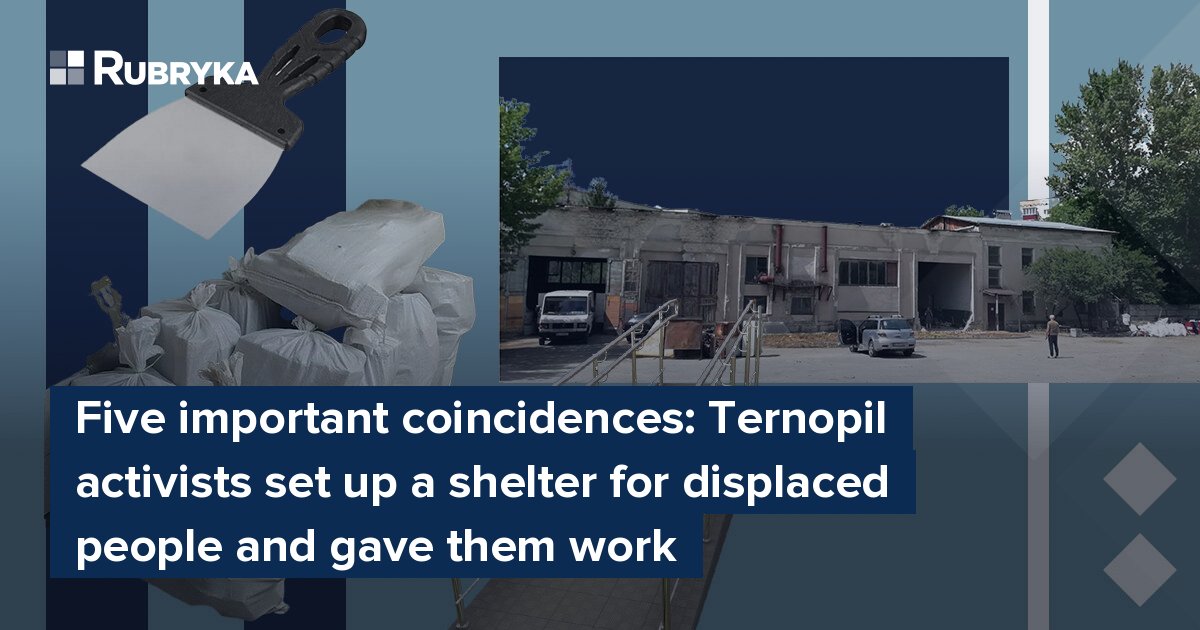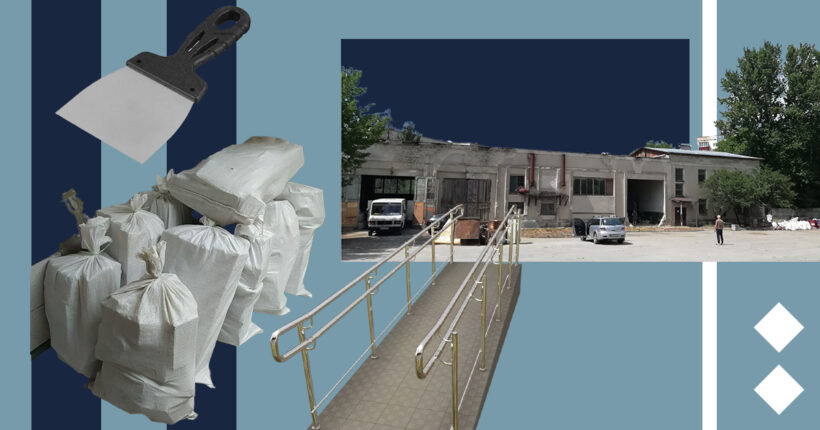
What is the problem?
In the first weeks and months of the full-scale Russian invasion of Ukraine, the western regions faced a large influx of people fleeing the war. The Ternopil region and its regional center were no exception — for example, as of March 12, 2022, 34,000 internally displaced persons were settled in Ternopil. Displaced people were accepted at all levels — regional authorities, communities, individual public initiatives, and private individuals. Later, the issue of employment of resettlers became relevant.
What is the solution?
The Ternopil non-governmental organization Progressive People began to help their friends in the east and south of Ukraine find shelter in Ternopil.
"They urgently needed to take their families to safe places quickly. We decided to try to help with housing for everyone who applies. In addition to our apartments, we had to borrow, rent, and quickly furnish large raw apartments, making them habitable," said Ivan Sorokolit, deputy head of the NGO Progressive People.
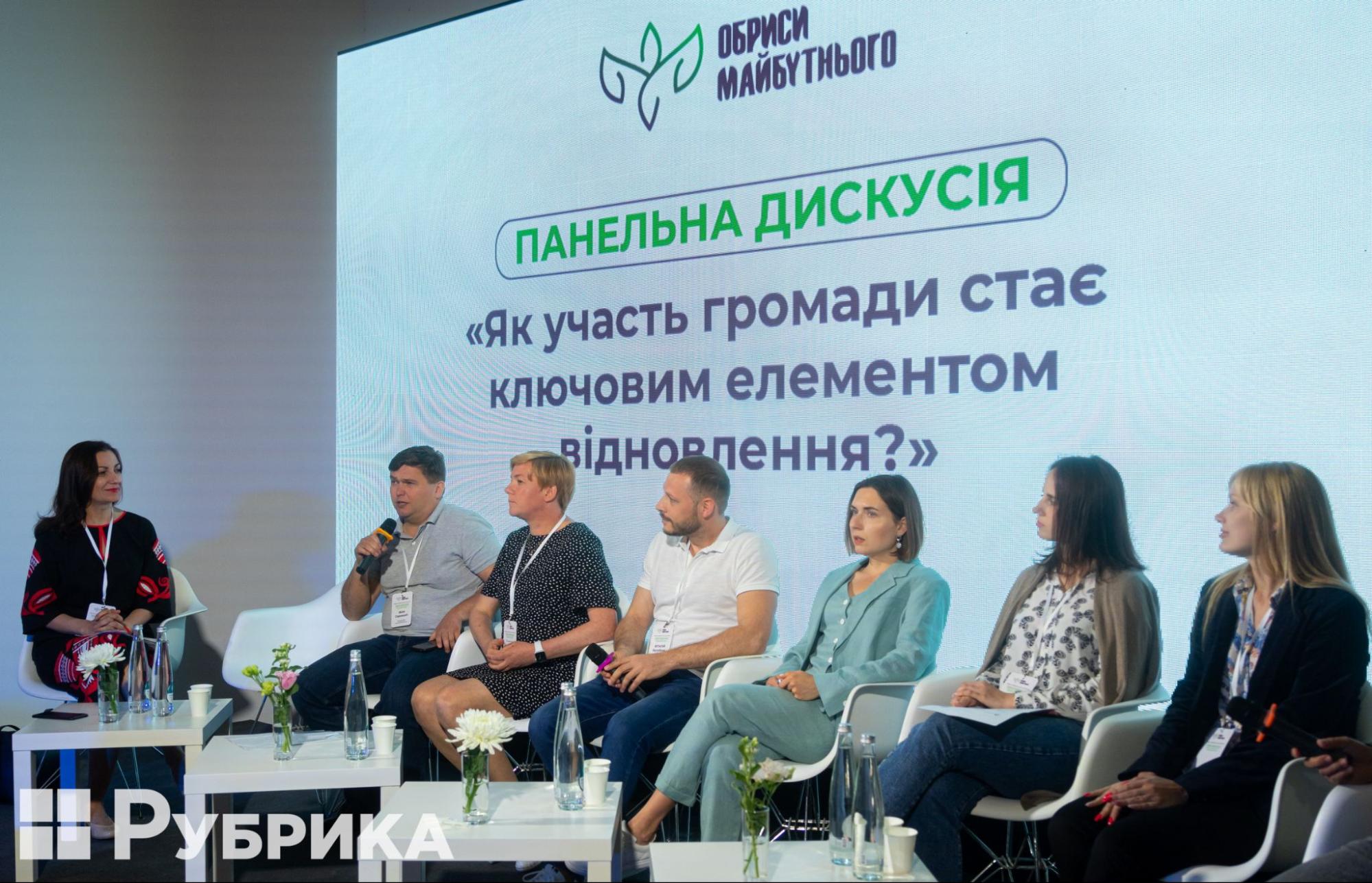
Deputy head of the Ternopil NGO Progressive People Ivan Sorokolit (in the photo holding the microphone) shared a successful case of setting up a shelter for IDPs during the Civil Society Forum.
Progressive People then helped with housing and the friendly NGO Union of Responsible Citizens from Kryvyi Rih. This organization's members and their families temporarily moved to Ternopil to continue their work in safer conditions. However, after some time, they returned to Kryvyi Rih.
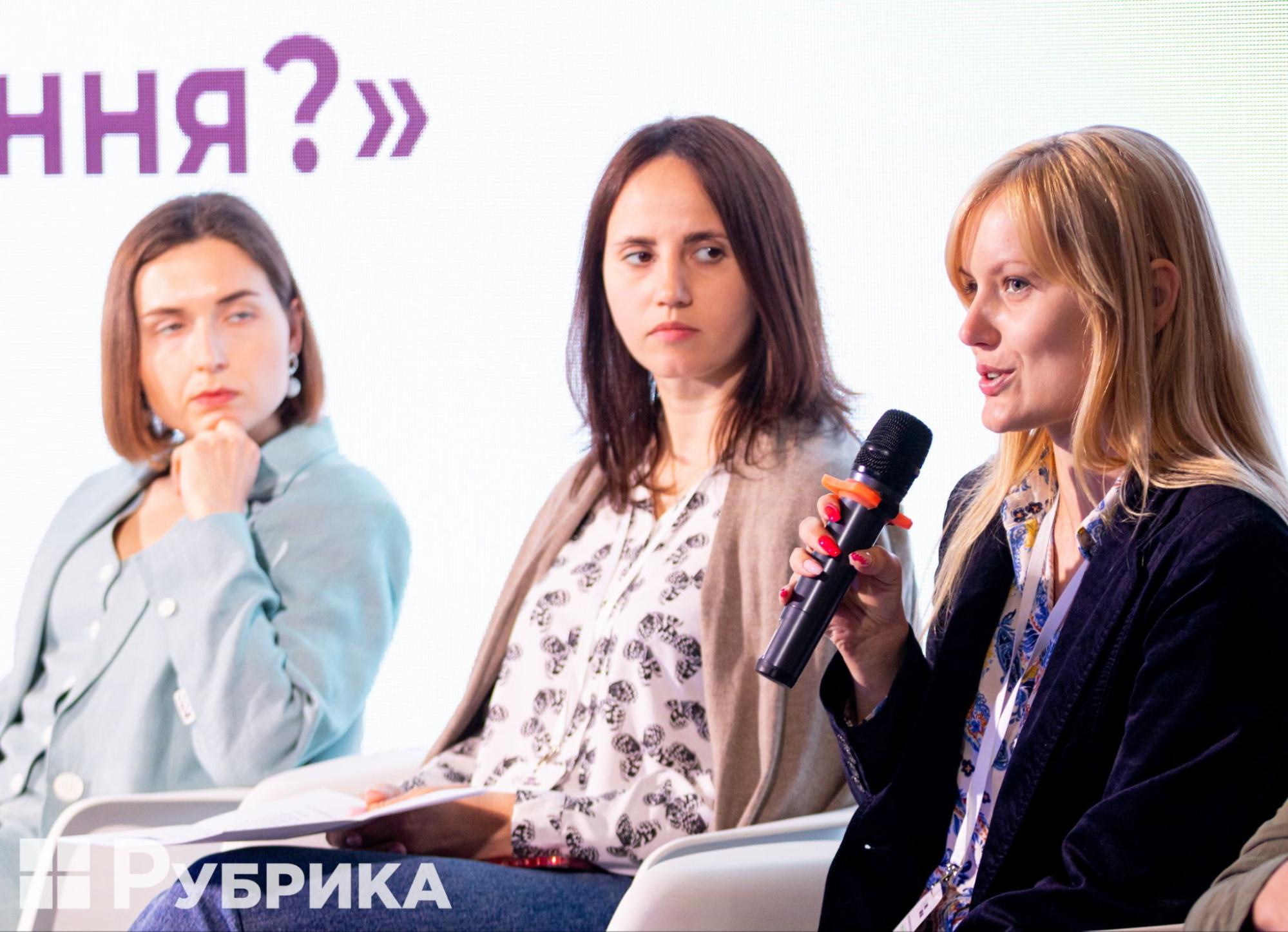
Anna Yemelyanova, the leader of the Union of Responsible Citizens (in the photo holding a microphone), publicly thanked Progressive People for the shelter during the Civil Society Forum
What happened next?
Accommodation reserves have been exhausted
At the beginning of March 2022, Progressive people saw their reserves for moving into apartments running out. In addition, there were difficulties in accommodating people with disabilities and pets. Ivanka and Taras Khomitsky, along with Ludmyla Ryzhevska and their NGO I Can, which specializes in accessibility, actively contributed.
By combining the efforts of all team members, Progressive People created a shelter for IDPs and offered them jobs in the manufacturing industry. Sorokolit shared this successful case during the ISAR Unity Civil Society Forum Outlines of the Future: Victory, Restoration, and Modernization of Ukraine.
"We helped everyone who came to us," assures Sorokolit.
How does it work?
The non-governmental organization unites about a hundred people, among them many entrepreneurs. In general, the team is very active, says Sorokolit.
One of the leaders of Progressive People also shares that several significant coincidences helped them arrange the shelter.
The room was found by accident
The first coincidence: One of the team members rented two rooms in the empty administrative building of the former Ternopil quarry. He suggested inspecting the premises for conversion into housing.
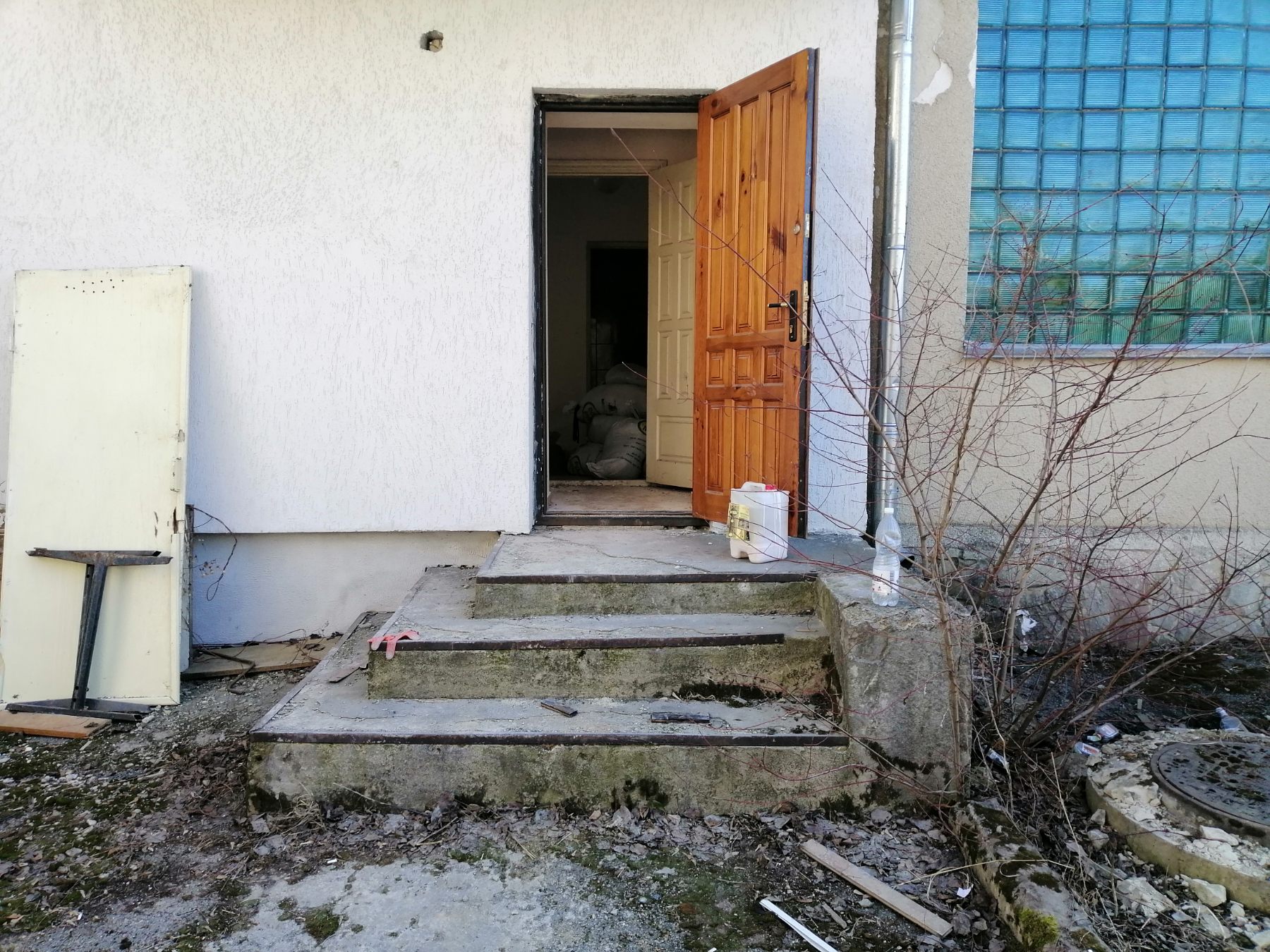
The team started the repair of the building, which soon became a shelter for almost a hundred displaced people. Photo from the archive of the NGO Progressive People
These were rooms with non-working heating, lousy electricity, only a cold water supply, and no shower.
"We leased the quarry property complex and converted it into a hostel shelter. It was much more economical than renting separate apartments," says Sorokolit.
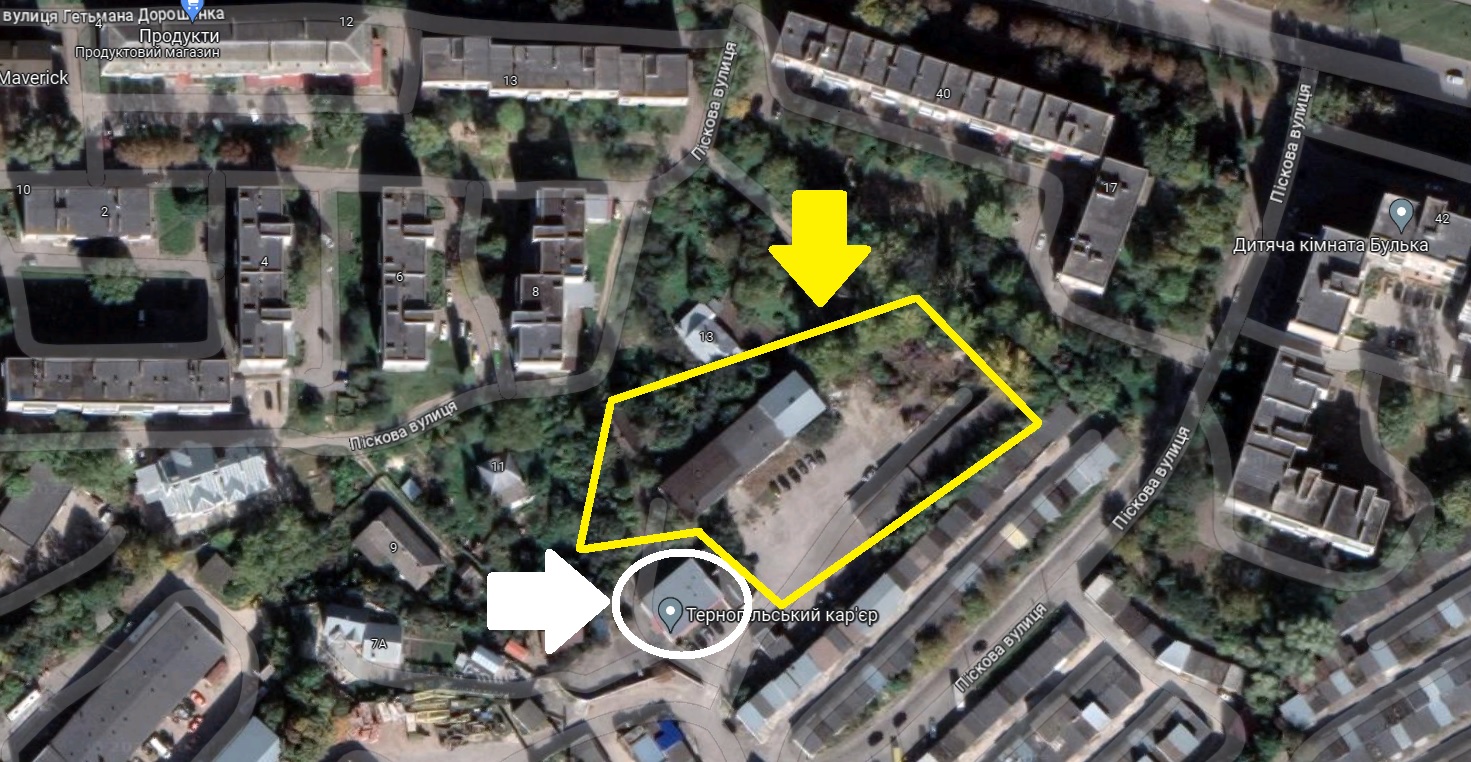
Property complex of the quarry is shown on the map
A lease agreement was concluded for one of the enterprises of the members of the NGO team. Accordingly, agreements were concluded for water supply, electricity, garbage removal, etc. The repair was done by the members of the non-governmental organization themselves, and solid fuel heating, which was already relevant at the time, was installed.
The space was immediately equipped inclusively. After all, many people who need shelter have limited mobility. "We decided: if we are already investing money, then we should do everything to make it convenient for people who move around in wheelchairs," says the project's initiator.
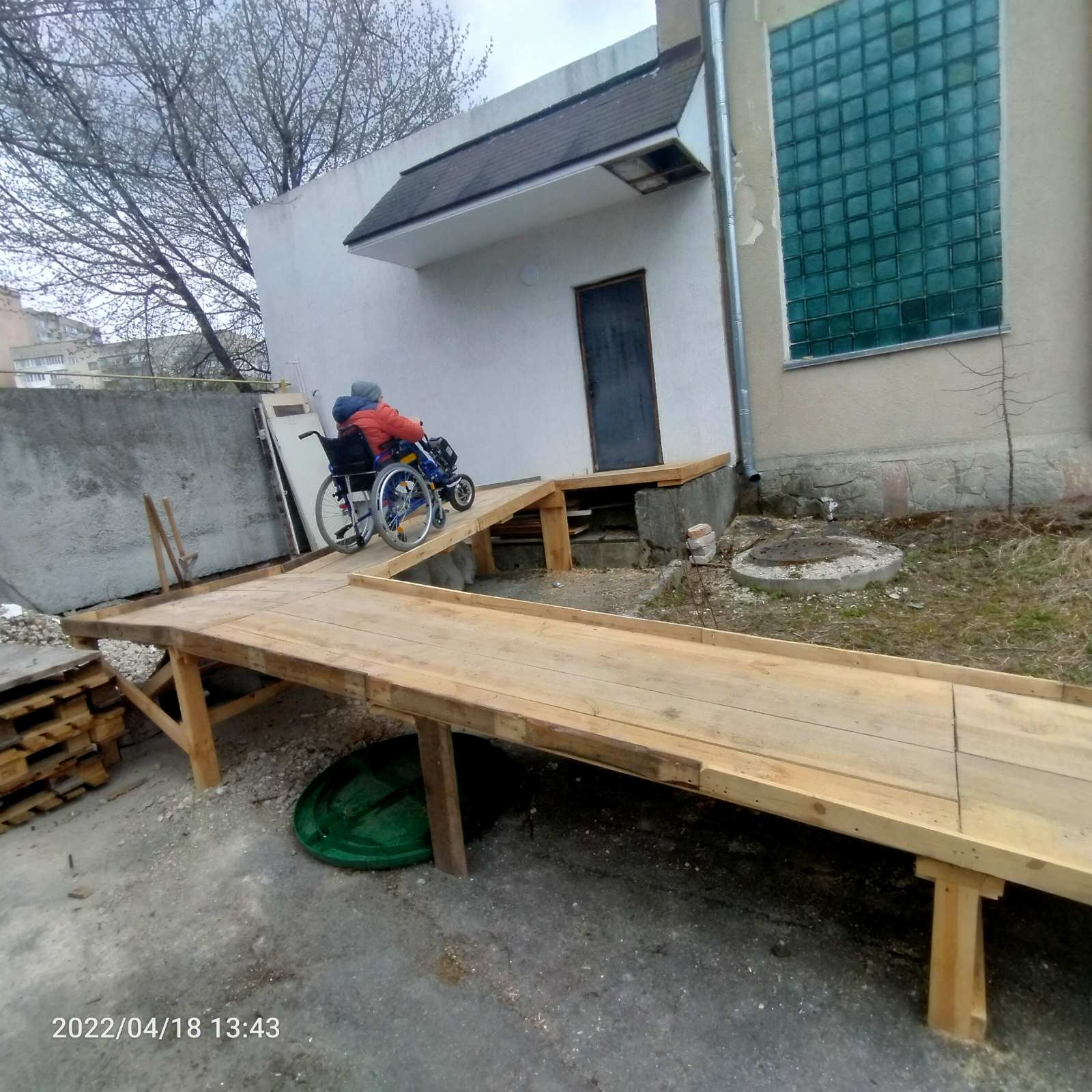
The room was immediately renovated, considering the needs of people with reduced mobility. Photo from the archive of the NGO Progressive People
The shelter is also pet-friendly.
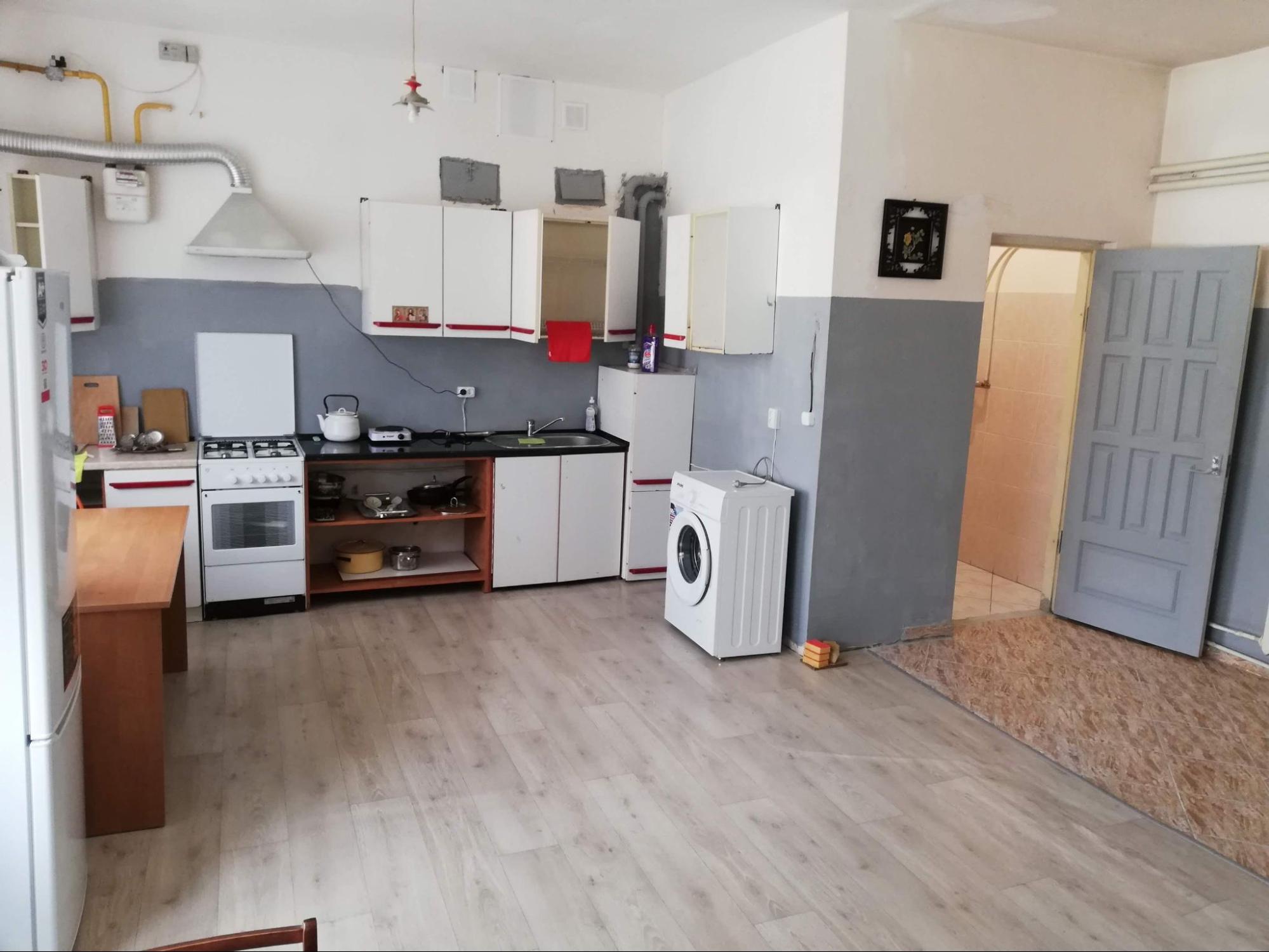
The kitchen in the shelter is arranged, considering that it is a common space for residents. Photo from the archive of the NGO Progressive People
The second coincidence: Next to the administrative building is an adjacent fenced area of about 1 hectare. These were abandoned, dilapidated production premises and garages, cluttered areas.
"We focused on this former industrial area when the housing provision process started. The resettlers and our friends helped clear it," Sorokolit told Rubryka.
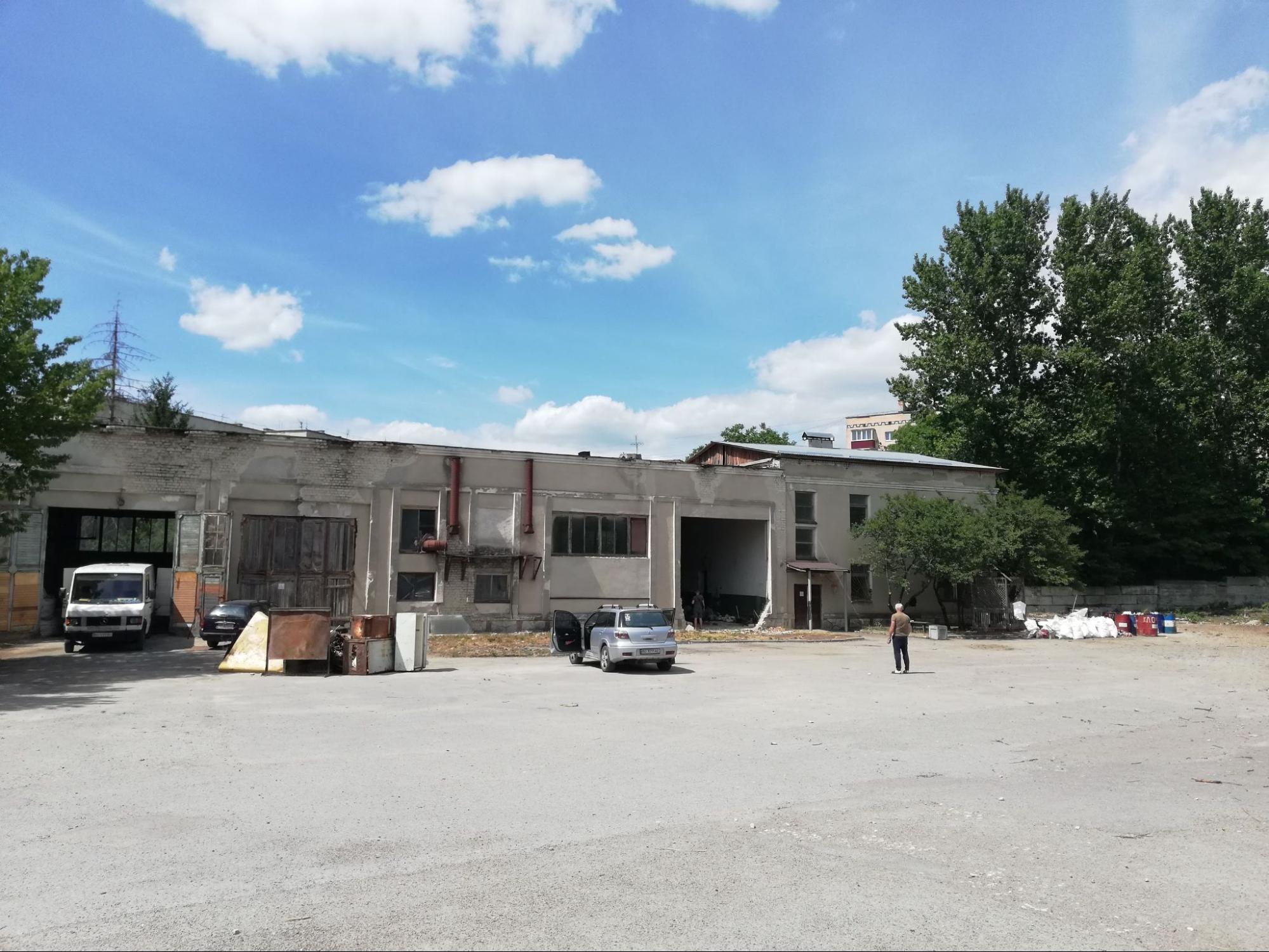
Next to the administration building is an adjacent fenced area of about 1 hectare. Photo from the archive of the NGO Progressive People
The third coincidence: The need for storage facilities with the possibility of access for large vehicles and parking for a long time has become increasingly important.
The territory began to be used as a warehouse because, at that time, the organization also became a humanitarian hub for transferring aid further to the east and south of Ukraine. A large volume of camouflage netting was cut here, and a whole workshop for the production of trench candles worked in the cold season.
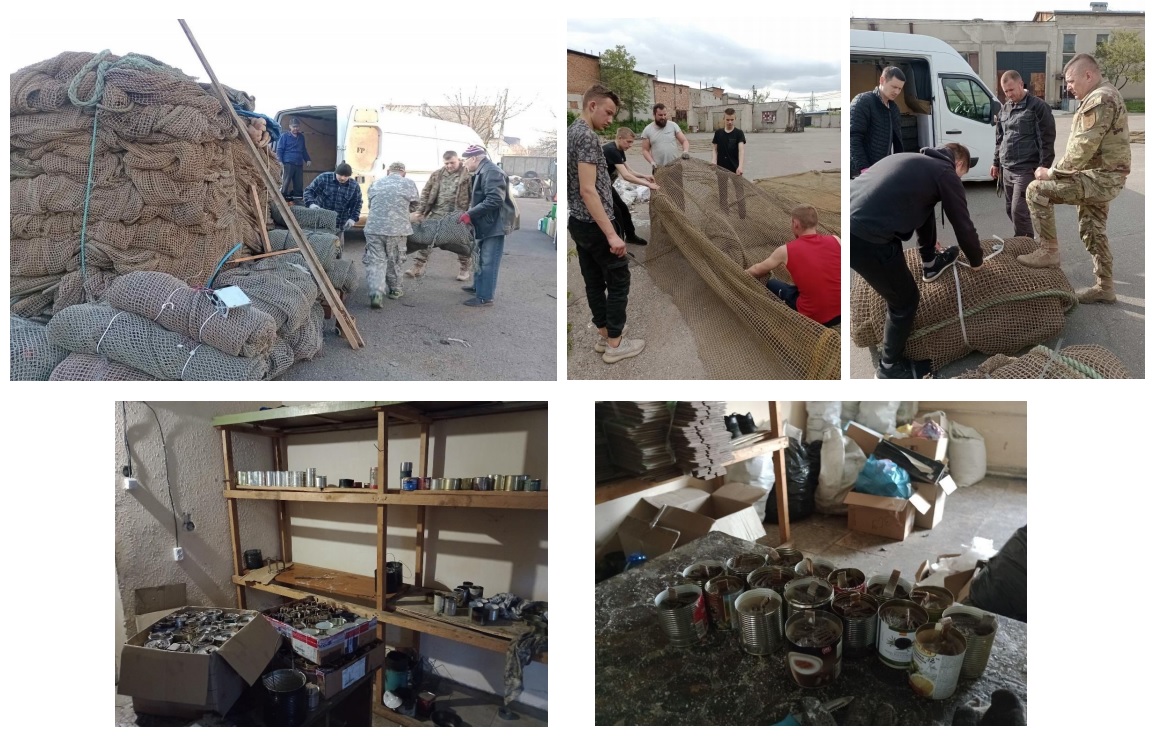
The volunteer hub on the territory of the shelter handed over 12 tons of protective nets and about 2,000 trench candles to Ukrainian soldiers at the front. Collage from Ivan Sorokolit's presentation
Entrepreneurs need premises, and people need work
The fourth coincidence: Two entrepreneurs from the organization's team were looking for production premises. One was necessary for sorting household waste to be processed (plastic, paper, glass, metal), and the second was for the line for producing wood pellets made from compressed wood fiber required for heating.
Entrepreneur Oleh Riznyk, who set up the production of pellets, says that life itself forced him to do this. His previous enterprise, engaged in the advertising and souvenir industry, stopped bringing money.
"We had to think of something critically different. I come from a family of designers, but I have an engineering education. I was looking for what will be in demand soon, and I couldn't think of anything better than an enterprise in the applied energy field," Riznyk continued. "I visited other manufacturers, consulted, and in the end, I invested all my family savings in a new business."
The fifth coincidence: Some of the shelter's residents were looking for paid work, often any paid work.
"Entrepreneurs moved, contributed more heavily to paying the rent, and this made our existence easier," says Sorokolit. "People got jobs. Both residents of Ternopil and residents of the shelter work here. It turned out that we helped dozens of people find employment in Ternopil."
It was a considerable contribution, taking into account that since the beginning of the full-scale war, business in Ternopil has created 380 jobs for IDPs.
According to approximate calculations, more than 400 people have already used the services of all the shelters arranged by the Progressive People team.
Currently, the shelter in the former administrative building of the Ternopil quarry is 60% full, and if necessary, a larger number of people can be accommodated quickly.
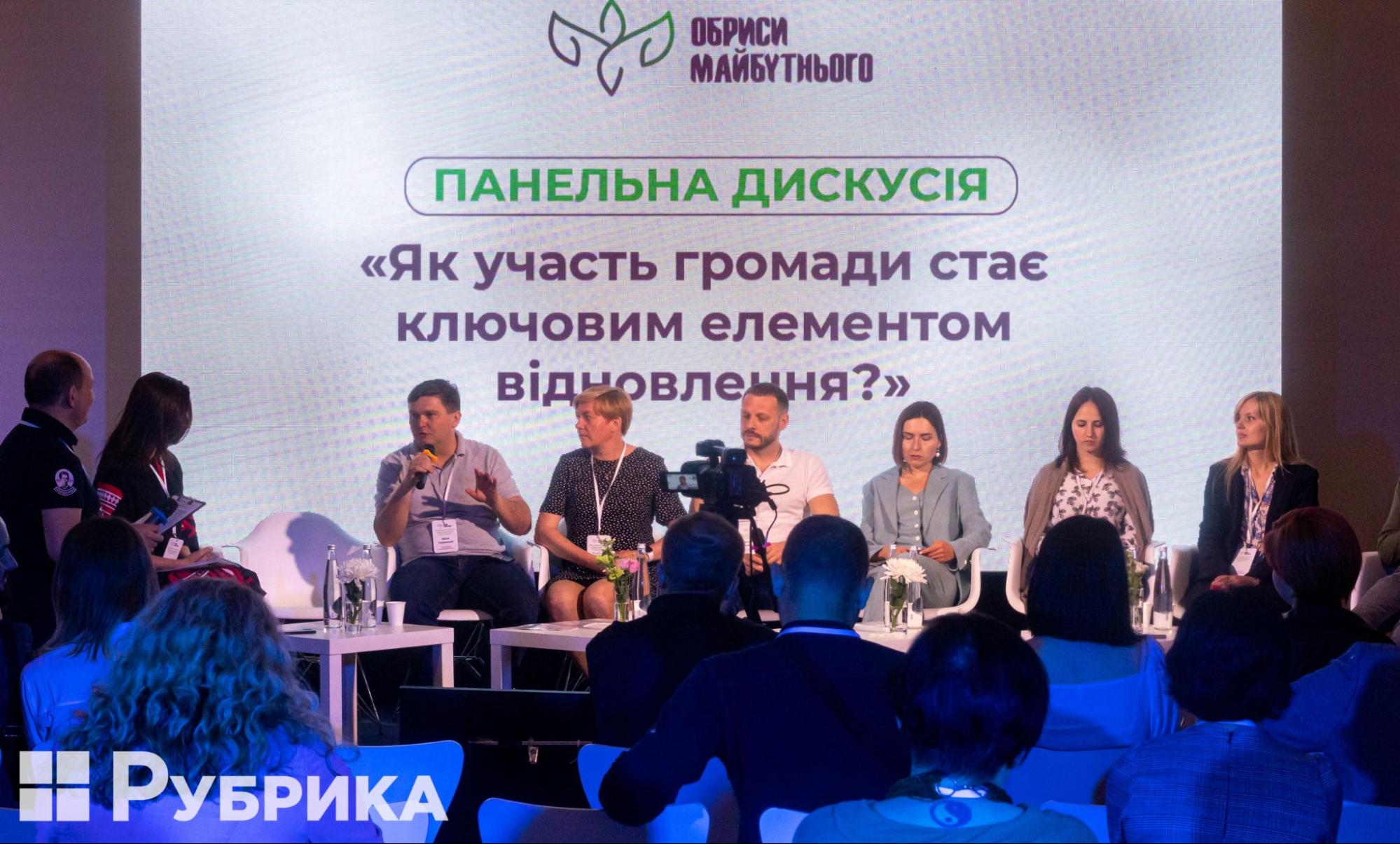 One of the leaders of the NGO Progressive People, Sorokolit, says that until the shelter becomes self-sustaining, the members of the NGO will cover the costs of its maintenance on their own.
One of the leaders of the NGO Progressive People, Sorokolit, says that until the shelter becomes self-sustaining, the members of the NGO will cover the costs of its maintenance on their own.
"All our residents who want to work, work. We do not have an adult unemployed population," the head of the NGO Progressive People rejoices.
Does it really work?
"It feels like Ternopil embraced and sheltered you"
Yuliya Yuriychuk from the Zaporizhzhia region is one of the first residents of the shelter. She learned about it thanks to a volunteer she knew and came here with two children of preschool age in the spring of 2022. In front of her eyes, rapid modernization was taking place here.
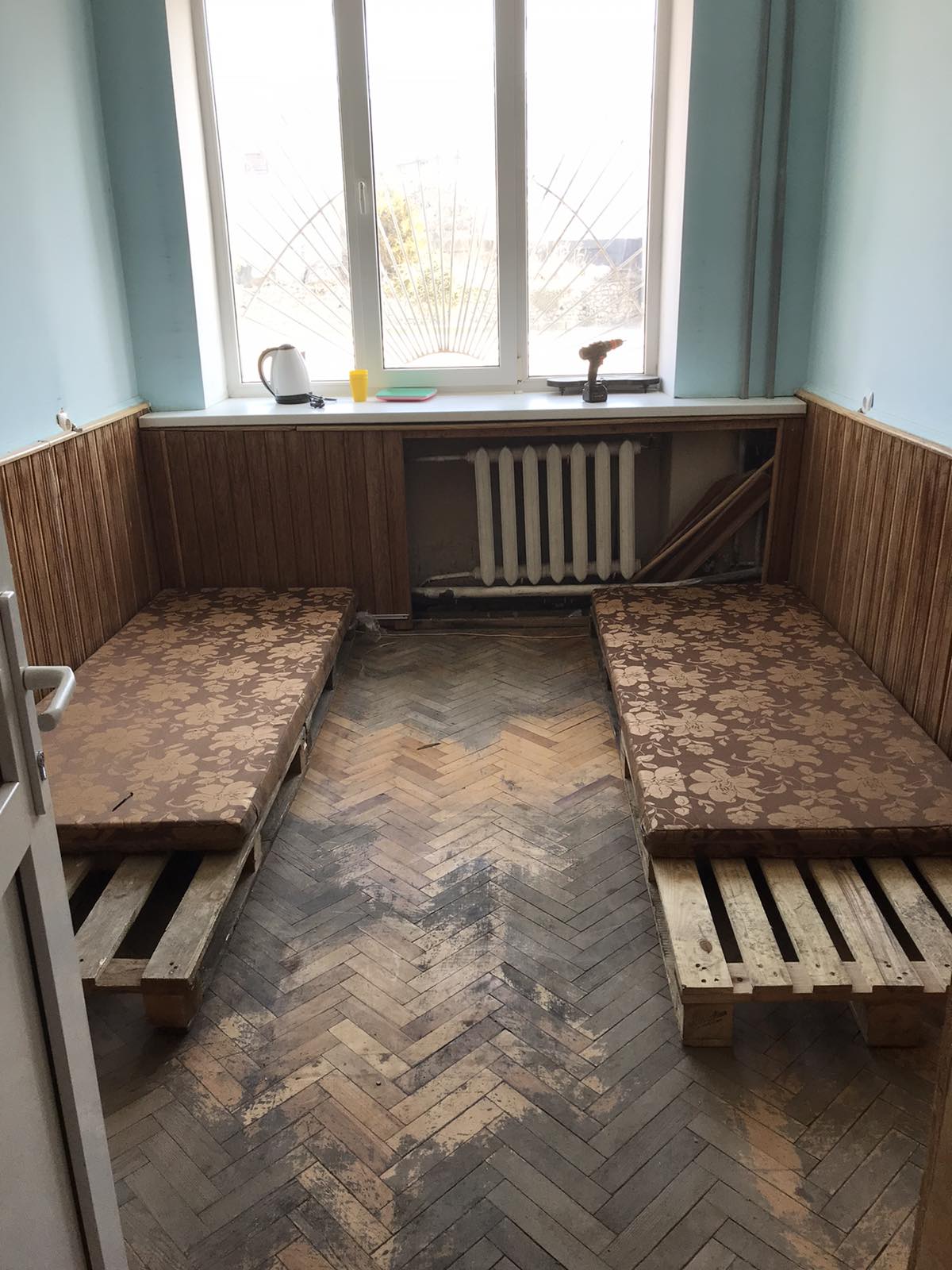
Comfortable beds quickly replaced the pallets. Photo from the archive of the NGO Progressive People
"I saw my own room here, and it calmed me down. At first, we had to sleep on pallets, but it was okay — we survived. Then they quickly built a kitchen for us, added refrigerators, brought beds," Yuriychuk recounts. "They made a large hall, and a drive-in to the kitchen. Every month there were improvements."
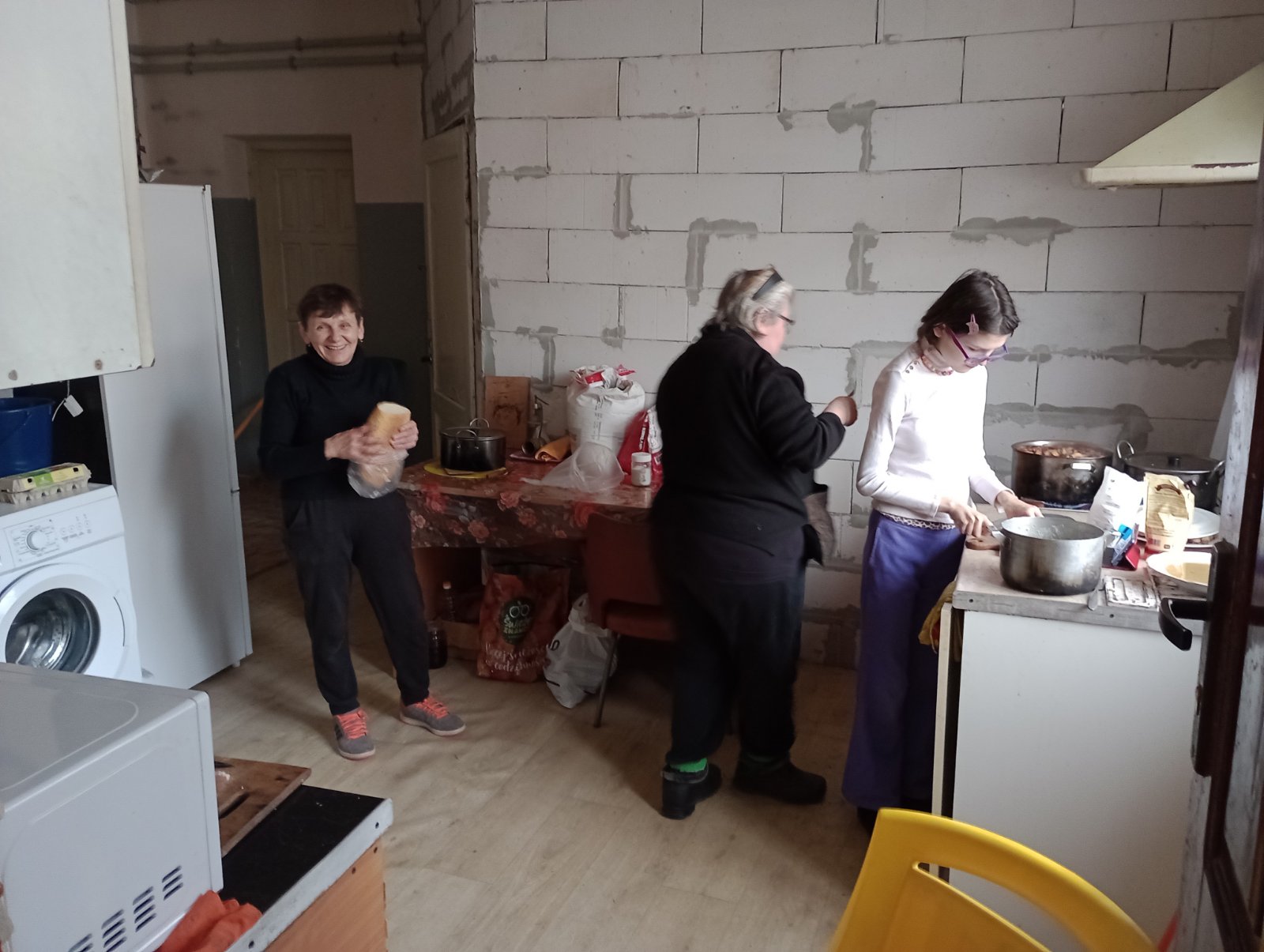
The kitchen was equipped very quickly. Photo from the archive of the NGO Progressive People
Yuriychuk and other shelter residents remember with great gratitude how they installed a solid fuel heating system. Initially, heating was provided by electric heaters, and due to constant blackouts after Russia's attacks on Ukraine's eneregy infrastracture, the rooms quickly became cold. Thanks to the boiler, they survived the winter in warmth.
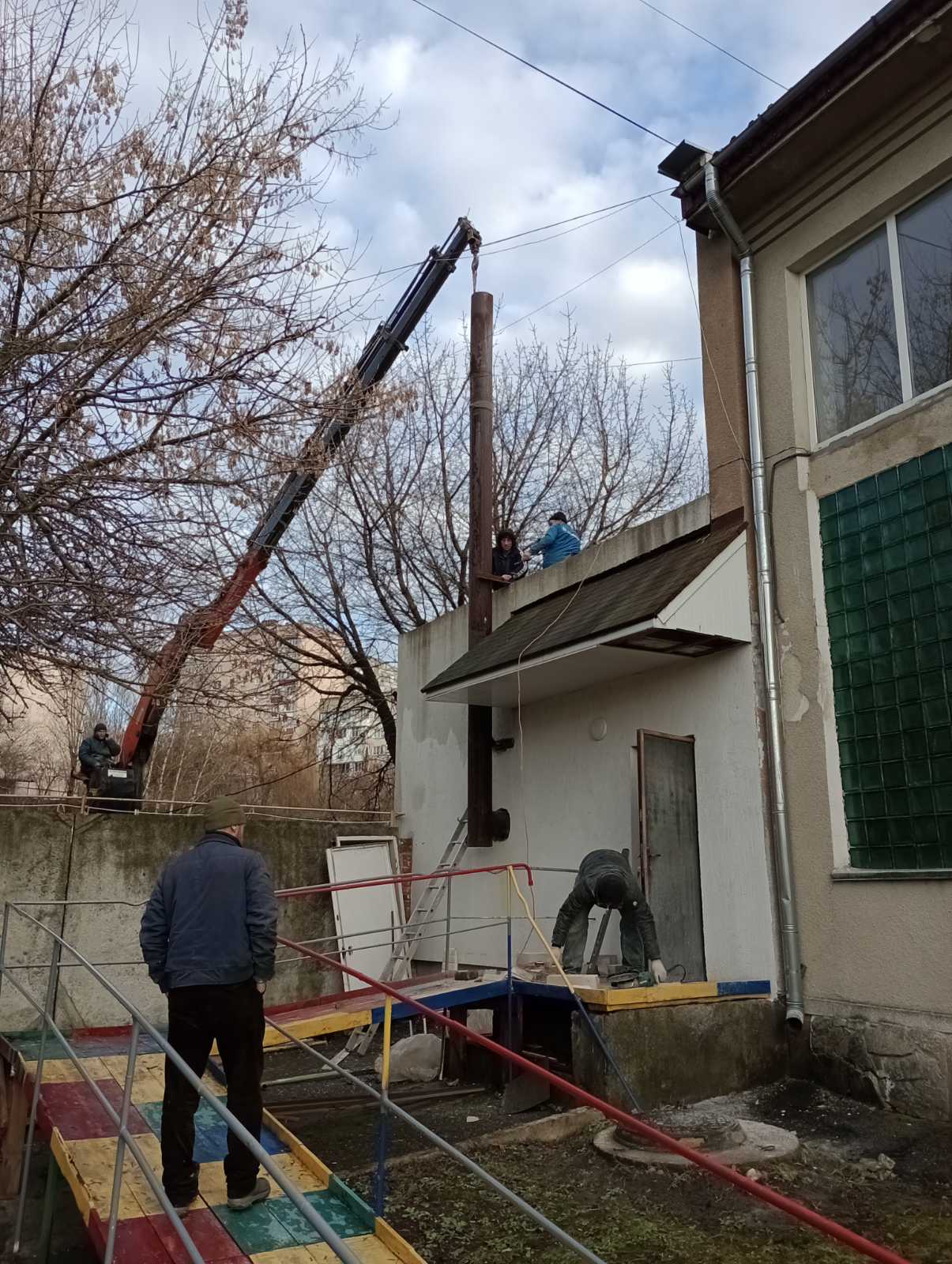
A solid fuel heating system was installed in the shelter. Photo from the archive of the NGO Progressive People
"We have everything here: an electric oven, a large TV, 24/7 Internet access. You know, it's like a three-star hotel," Yuriychuk smiles. She is a paramedic by trade, so she easily found a job. Her children started kindergarten and she already found school for the older child.
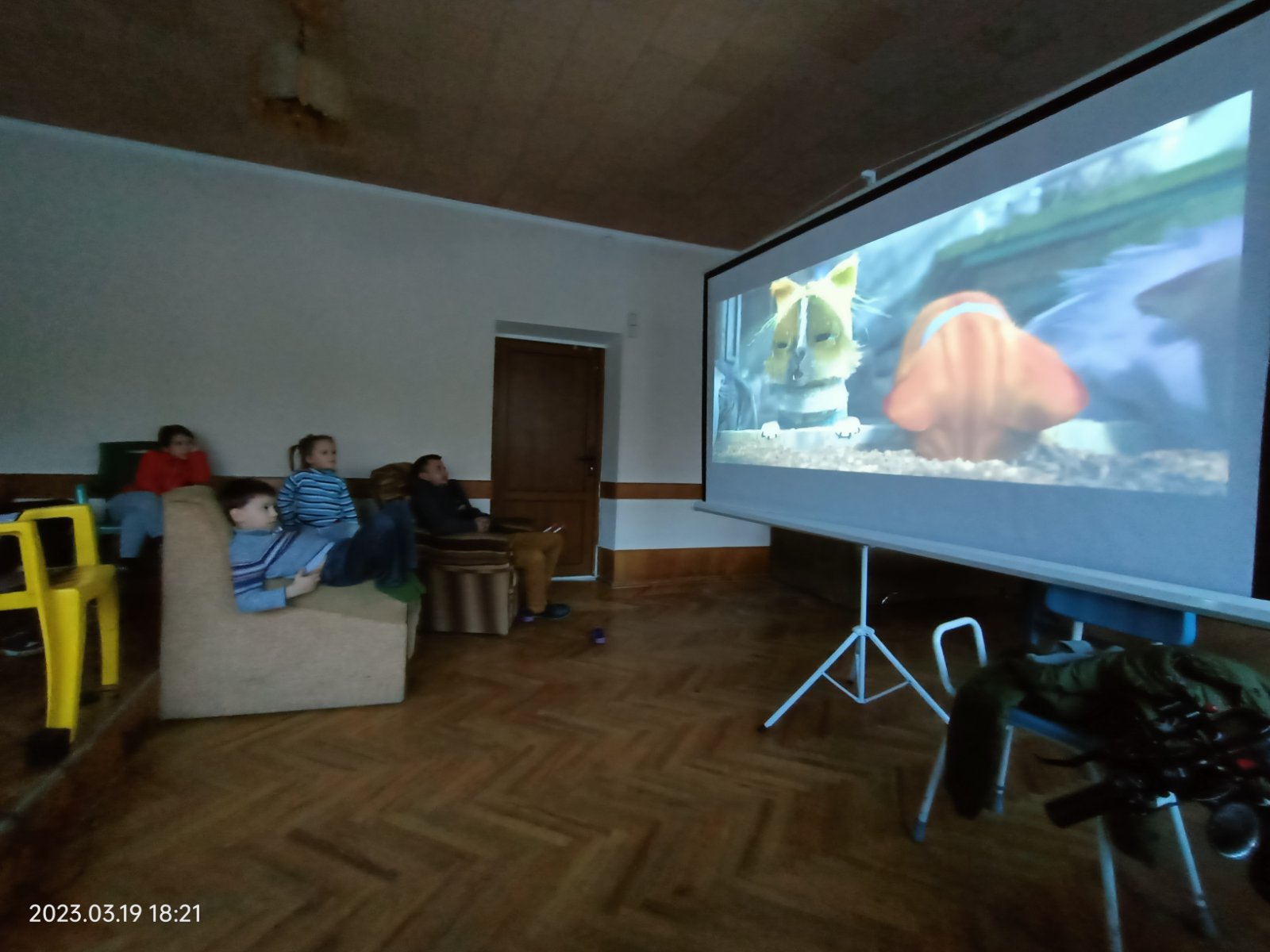
The shelter is equipped with all the usual household appliances. Photo from the archive of the NGO Progressive People
"When something is broken, the problem is quickly solved. Many people live here, so it is sometimes difficult, but everyone has their room. We only share a bathroom, toilet, and kitchen," she says. The shelter resident shares that the people are already used to each other and have found a common language. She says she is happy with what she has because it could have been so much worse.
"Our family consists of my two daughters, aged 12 and 20, my common-law husband, and my mother. We also have two dogs, a cat, and a guinea pig. Even the animals are taken care of here. Huge thanks to these people," says Victoria Germanova from Sloviansk.
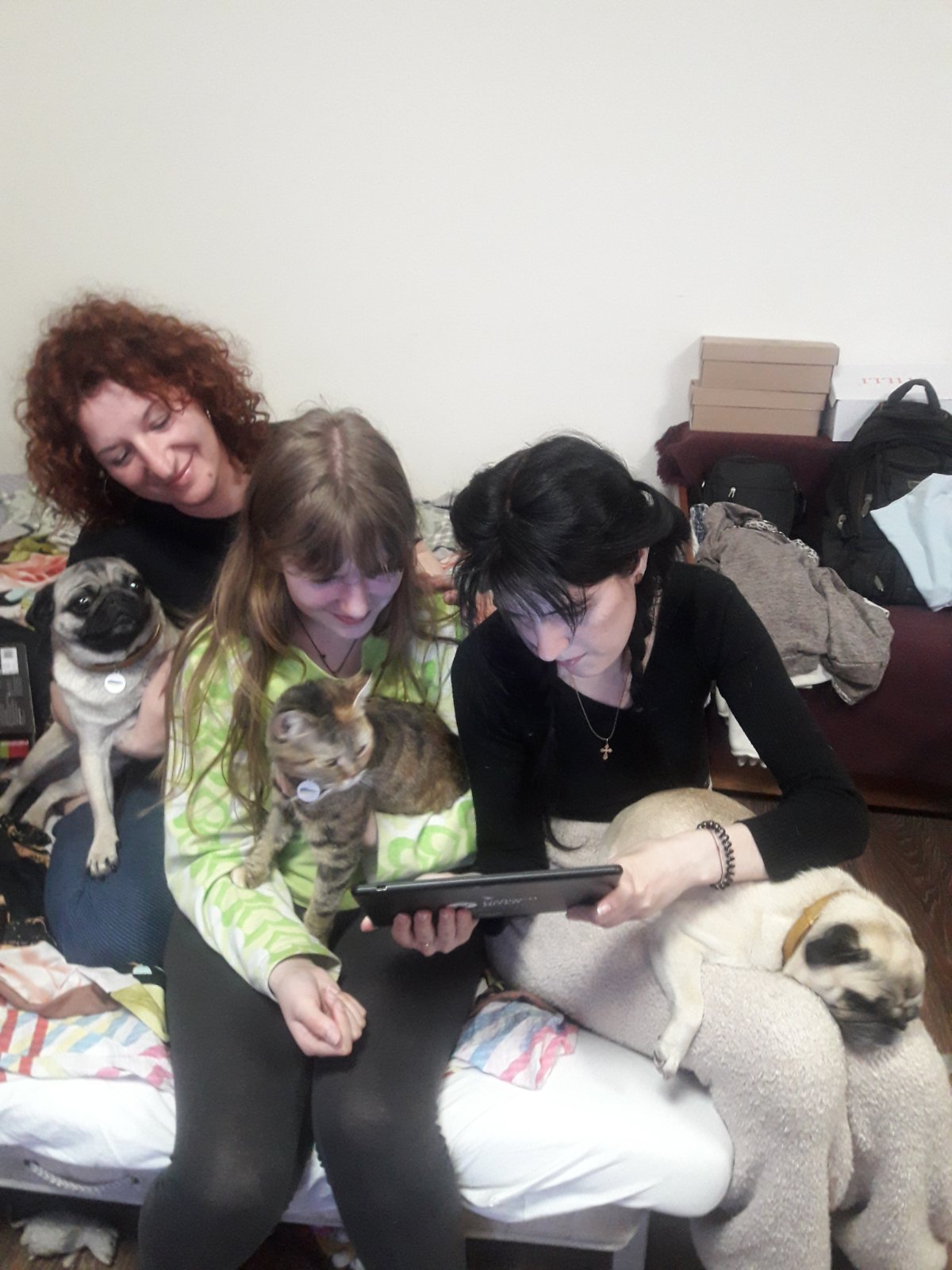
Residents with animals are treated loyally in the shelter. Photo from the archive of the NGO Progressive People
Germanova is happy that Progressive People happened to their family at a difficult moment in their lives. They have lived here for more than half a year. First, they left Sloviansk for a village near Nikopol. There, in October 2022, they came under Russian fire. Germanova's mother was seriously injured, and they were transported to Dnipro and from there by an evacuation train to Ternopil.
"My mother was in the hospital, and I am very grateful to the institution's staff because they gave me time to find housing. We got here through acquaintances from Sloviansk, who had already stayed here before. We received a lot of support here — both morally and materially. My mother needed a wheelchair, a special mattress, and medicine — they helped with everything," Germanova shared with Rubryka.
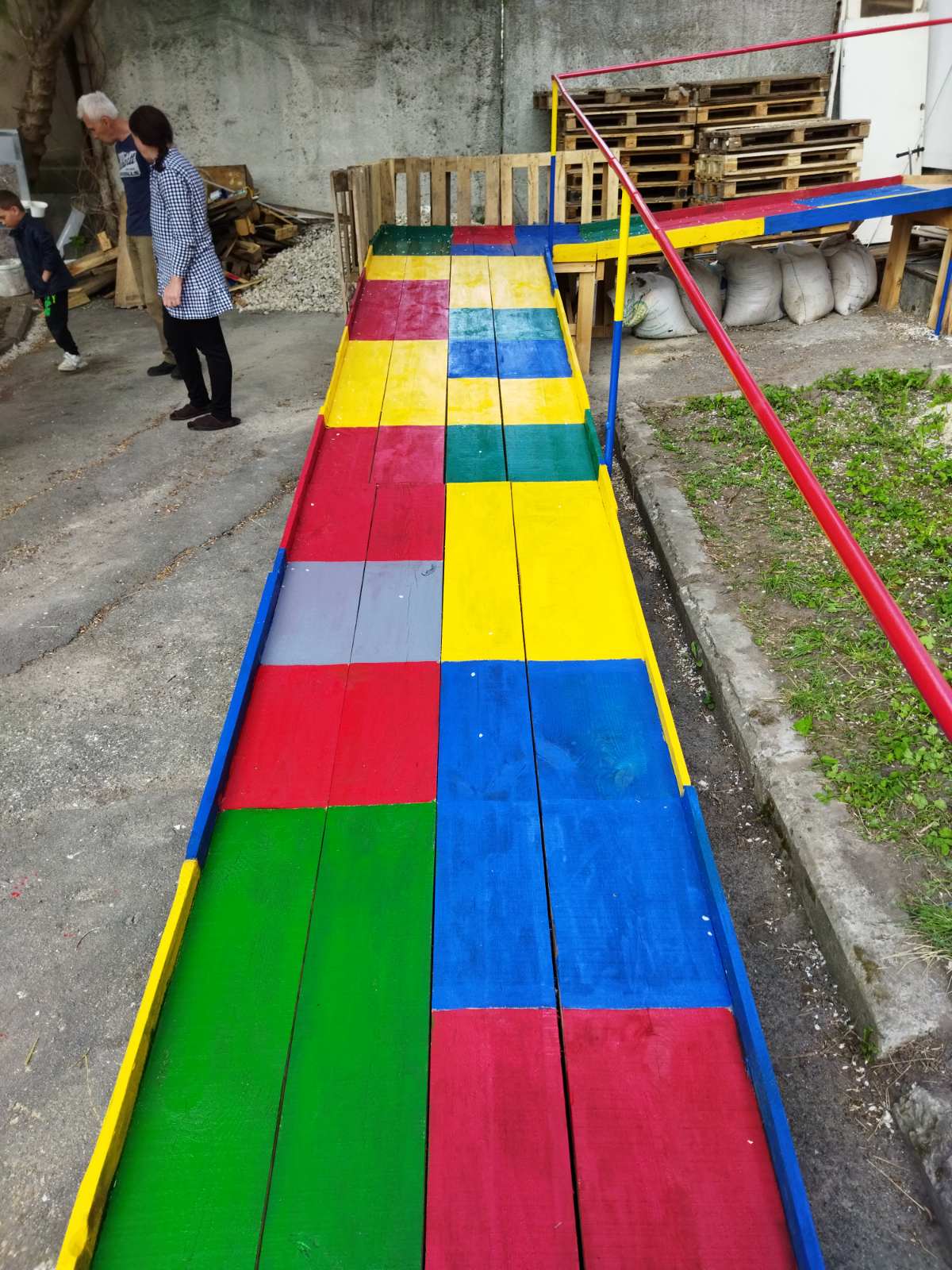
The ramp, which is convenient for people in wheelchairs, comes in handy for more than one shelter resident. Photo from the archive of the NGO Progressive People
She shares: maybe something here will not suit those who have nothing to compare with, and their family is very comfortable here after the previous experience. For example, a separate room with a special bed was provided for the mother, which a person with reduced mobility can raise and lower without assistance.
"The atmosphere here is very friendly," the resident shares.
Germanova's common-law husband works right there at the pellet production, and he is satisfied with his work — it is not far from the shelter, and the hours are flexible. The employer is also satisfied. "There are different resettlers, but those who work for me are very responsible. You can rely on them. They are conscientious, tell the truth, even if it is unpleasant, straightforward guys," Oleh Riznyk shares his observation.
Svitlana Borchenko and her husband have also been in the shelter for over six months. They came after Kherson's liberation; before that, their daughter lived here with her junior school student son. Now the daughter is renting an apartment, and the grandson is doing well at school.
"When we arrived, they were already waiting for us, and the room was prepared for us," Borchenko recalls. She is glad there is a parking spot, and the space is inclusive. She is very grateful to all Ternopil residents for their kindness and warmth towards forced city guests.
"It feels as if Ternopil embraced and sheltered you," says Svitlana Borchenko. Of course, Borchenko looks forward to the moment when she can return home and see her and her husband's relatives. Unfortunately, her parents are still under occupation.
Meanwhile, Progressive People continue to take care of the shelter and help the Ukrainian military.


